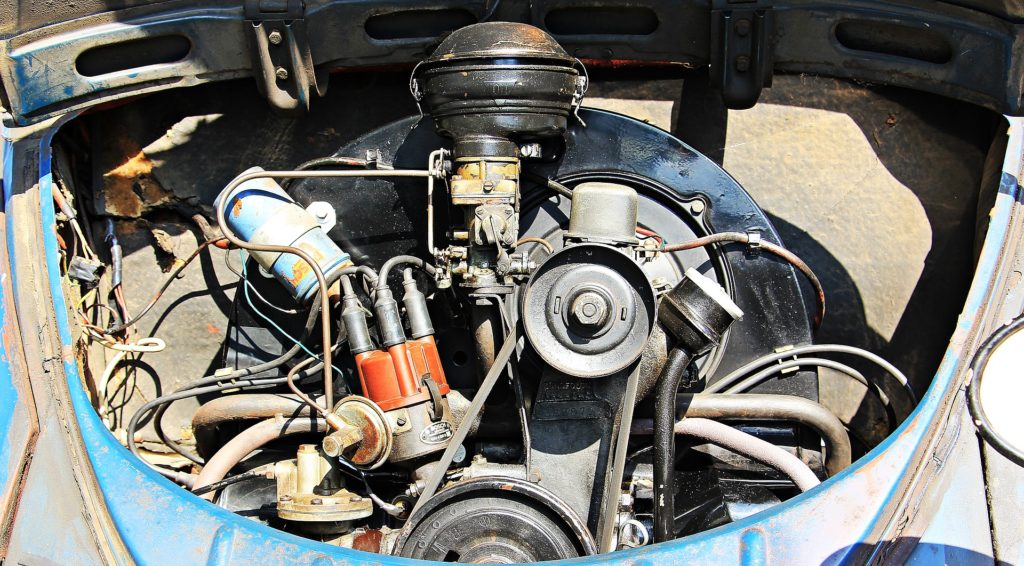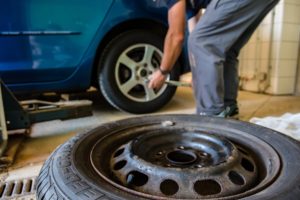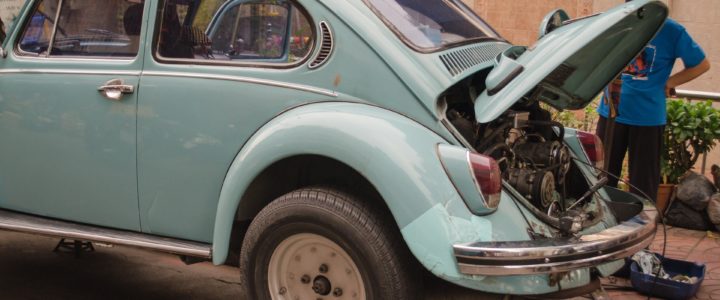Car maintenance can drain your pocket dry. And it isn’t only because auto parts and repair alternatives are pricey. Matters like changing the oil often and buying gas are just a variety of these expenses you could take for granted because they don’t charge as much. But try adding them up at a year’s time and you’d be astounded by how much you’ve spent getting your car waxed twice a month. With that in mind, you can still save money by following these tips.
Read Your Manual
First and foremost, read your manual! Your car’s manual is there for a reason, and it is not just there to let you know how many languages it has been translated. It is there in the first place to guide you on how to maintain your car and to deal with problems. Reading a manual can save you time and money, especially when it comes to replacing car parts. It is also vital because it contains all the information you need to keep your vehicle in top condition. Don’t just browse them. You’ll be surprised at how much you’ll learn. The more you know, like car parts maintenance, wiper blade size, ideal tire size, and proper air pressure, the more effort and money you’ll save in the long run.

Warm Your Engine
Starting a cold engine is the primary reason why a car wears out fast. And you know how expensive engine repair is. That’s because oil settles to the bottom and doesn’t circulate through transmission components. Lubrication is critical to reducing friction. If you don’t have enough oil to lubricate your engine, it can be detrimental to your vehicle. Ideally, it’s best to run the engine and wait for the water to boil. It can happen on long trips. However, if you’re in the habit of making short trips, you’re likely contributing to your car shutting down much faster than you think. How do you properly warm up your engine? Most car manufacturers recommend slowly pushing your car for 30 minutes after starting. Don’t leave the engine idling, as it will take longer to warm up and use more gas in the process.
Keep Your Tires at the Right Gauge
 Tires are expensive, and to keep them in shape, make sure your tire has the correct air pressure and regularly check for cracks, wear, bulges, holes, and slipped belts while you’re pumping gas. Don’t deflate your tires too much or too little, as this can reduce fuel consumption by about 15 percent. Another difficulty caused by under-inflated tires is that they can affect handling and maneuverability, which leads to accidents.
Tires are expensive, and to keep them in shape, make sure your tire has the correct air pressure and regularly check for cracks, wear, bulges, holes, and slipped belts while you’re pumping gas. Don’t deflate your tires too much or too little, as this can reduce fuel consumption by about 15 percent. Another difficulty caused by under-inflated tires is that they can affect handling and maneuverability, which leads to accidents.
Tires are an integral part of your vehicle, and they’re also the ones that wear out the fastest. Not only do they have to bear the full load of the vehicle, but they also have to endure the constant friction between the rubber and the road at all times. Treat them with consideration and they will last much longer than their normal lifespan.…

